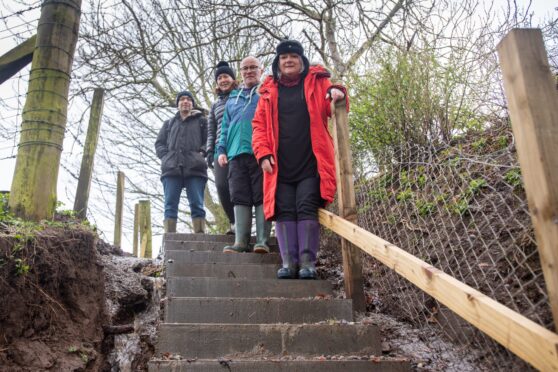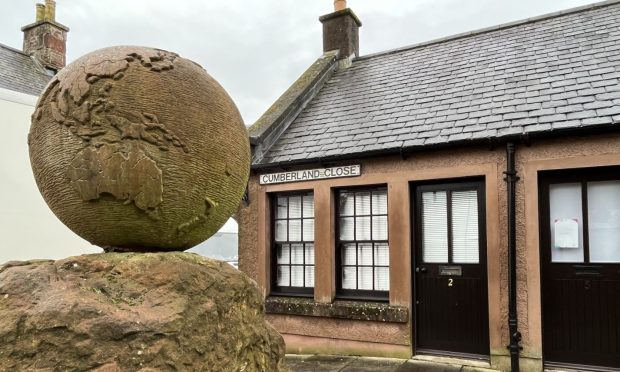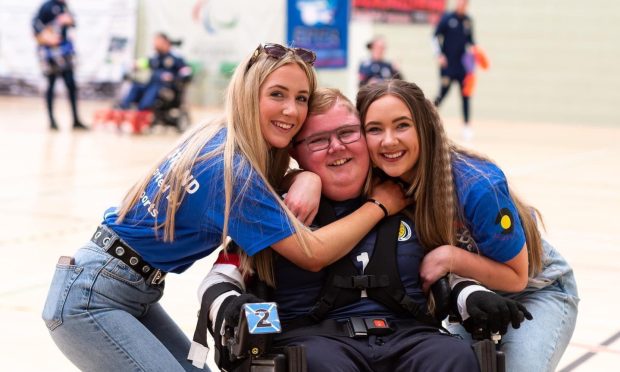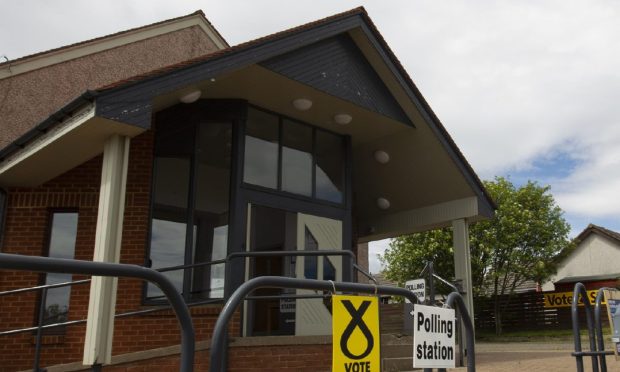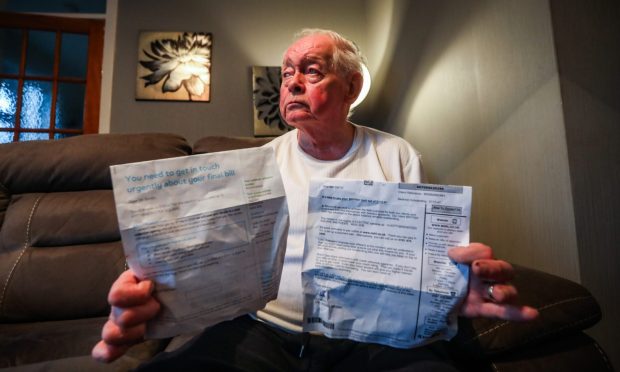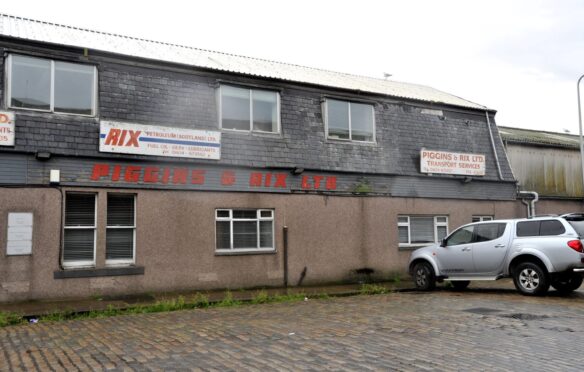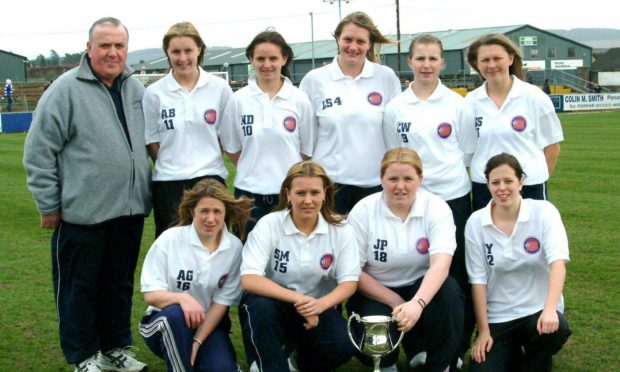A groundbreaking project to help Angus residents of all ages with dementia has been given funding for three years.
The charity Angus Care and Repair has been awarded more than £300,000 to offer a Dementia Enablement Service to upwards of 100 people a year, regardless of their age when diagnosed.
Traditionally, older people receive funding for support and adaptations at home when they have a physical need.
Care and Repair will extend this crucial support to people with dementia, who may not always qualify for these funded adaptations because the works are not viewed as typical.
Grant Langlands and Kay Telford will improve the surroundings, independence and confidence of people living with dementia, and help them live independently in their own homes.
Enablement officer Grant visits homes and Kay provides the administration and telephone contact for the service.
Kay and Grant visited the Kirriemuir Dementia Hub at KirrieConnections, Bank Street to talk about the service.
Grant, a skilled joiner, said the need for equipment or adaptation can arise from a change in how people with dementia perceive their surroundings – a white rail on a white wall can appear invisible, or a patterned carpet could cause dizziness and disorientation.
He said: “I will visit the person at home to explain the service, carry out a home assessment looking at the needs and safety of the individual and then I can also fit adaptations such as coloured grab rails or signage on doors to give clearer direction.
“We also have daylight bulbs, a weekly planner, a memory digital clock and other items that could make home life easier.”
The charity said small changes like these have been shown to reduce falls, accidents and confusion.
This can lead to an increase in confidence and independence, and even better physical health.
Early intervention could also be less costly over the long term.
Funding has come from the Life Changes Trust, an independent charity set up with a Big Lottery Fund endowment of £50 million to improve the lives of people affected by dementia and young people from care.
This service is open to anyone living in Angus who is diagnosed, going through diagnosis or feel they are affected by dementia.
Call Grant or Kay on 01307 463232 to schedule an appointment.
Dementia rates increasing
Although dementia is traditionally associated with the elderly, the youngest person to be diagnosed with the condition in Angus is in their early 20s.
And the number of people living with dementia in the county is 2,329, out of a population of less than 110,000.
However, it is estimated that only 64% of people living with dementia have a clinical diagnosis.
The number of people with the condition in Scotland is increasing, because the population is getting older.
NHS Tayside studies show that Angus made up 28% of Tayside’s population in 2008, which is set to remain the same by 2031.
However the proportion of people aged 65 and over will increase in the same period, from 20% to 31%.
The proportion aged 15-64 will decrease from 63% to 55% in 15 years.
Based on current dementia prevalence rates, the number of people with dementia in Scotland is projected to double by 2038.
Dementia costs the country more than cancer, heart disease and stroke put together.
Frank’s Law
As well as the Kirriemuir Dementia Hub, the town has been the base of a campaign for a level playing field in personal care since 2013.
When former Dundee United footballer Frank Kopel was diagnosed with dementia in 2009, his wife Amanda became aware of a flaw in the care system.
Frank was only eligible for free personal care after he turned 65, which forced the couple to spend large amounts of money for six years of his illness.
Of the 85,807 dementia sufferers in Scotland, 3,201 are under 65 and not entitled to free personal care.
Mrs Kopel has been campaigning for legislation to close the legal “loophole” – dubbed Frank’s Law – backed by The Courier.
Last month she received an honorary degree at Dundee University’s summer graduation.
Mrs Kopel said she was “honoured” to receive a degree, which the university said are given to the “best possible role models” for students and staff.
Frank, a left-back who played 407 games for Dundee United, died in April 2014 at the age of 65.
Mrs Kopel wrote to each of Scotland’s 129 MSPs and the campaign has garnered nationwide attention from politicians and sporting figures alike, but has yet to be passed into law.
Mrs Kopel is also heavily involved in raising awareness of Chronic Traumatic Encephalopathy, a form of early-onset dementia associated with repeated sport-related head trauma, which her husband may have suffered from as a result of his football career.

